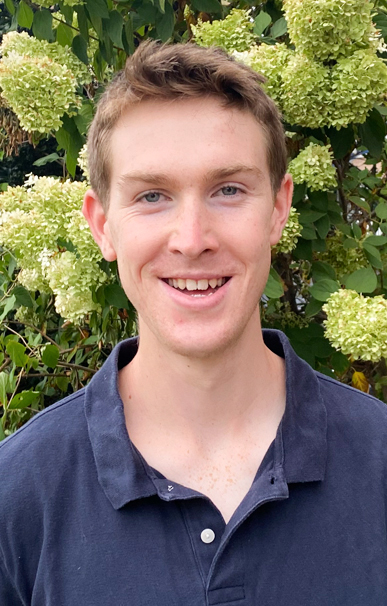Cole Strupp ’26


Molecular Biology
Health and Conservation at the Human-Domestic Animal-Wildlife Interface in Madagascar
Certificate(s): Global Health and Health Policy, Quantitative and Computational Biology
I researched the prevalence of the zoonotic parasite Toxoplasma gondii among native carnivores in Madagascar’s rainforests. T. gondii is an invasive pathogen in Madagascar. The parasite only reproduces sexually in cats, which were introduced to the island relatively recently with the arrival of humans. As deforestation and settlement pushes humans (and their pet cats) closer to the island’s endemic carnivores, the threat posed by toxoplasmosis could intensify. To assess the current prevalence of the disease, I spent nearly a month in the Malagasy rainforest trapping and tracking native carnivores in order to perform physical examinations and collect blood samples. I also helped trap and examine lemurs, poultry and rodents to assist other researchers at the reserve. In the lab, I tested heart tissue for T. gondii infection by performing DNA extraction, polymerase chain reaction amplification and gel electrophoresis. The project concluded with data analysis in the program R. This internship exposed me to the excitement and challenges of fieldwork and scientific inquiry as a whole. I gained appreciation for the interconnectedness of environmental, animal and human health. I plan to continue studying disease ecology in future.
* This internship is connected to the HMEI Biodiversity Grand Challenges project, “Biodiversity Conservation and Health at the Human-Domestic Animal-Wildlife Interface in Madagascar.”
2023
Food Systems and Health
Metcalf Lab, Department of Ecology and Evolutionary Biology, Princeton University - Antananarivo, Madagascar; Betampona Natural Reserve, Madagascar
C. Jessica E. Metcalf, Associate Professor of Ecology and Evolutionary Biology and Public Affairs; Fidisoa Rasambainarivo, Postdoctoral Research Associate, High Meadows Environmental Institute; Benjamin Rice, Associate Research Fellow, High Meadows Environmental Institute



